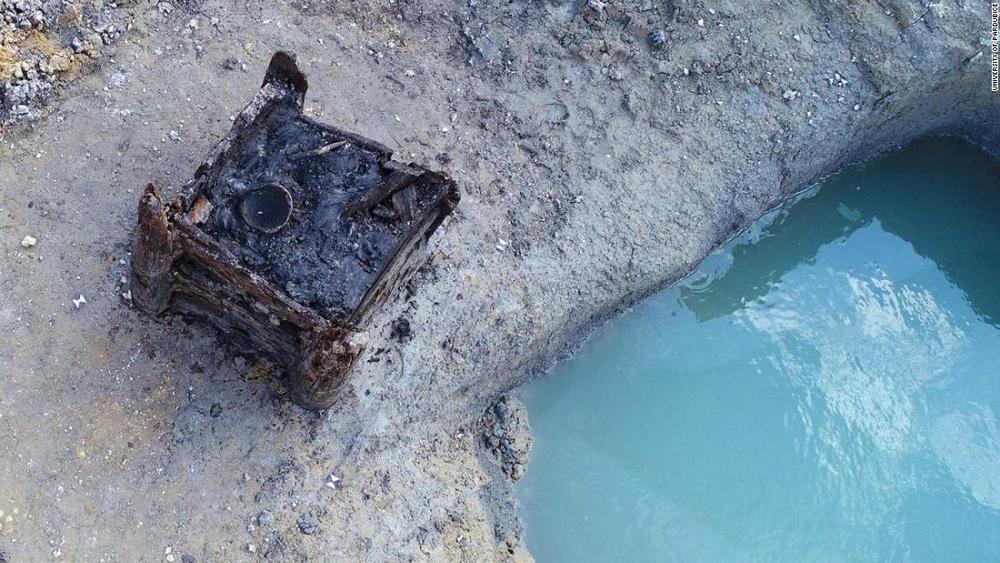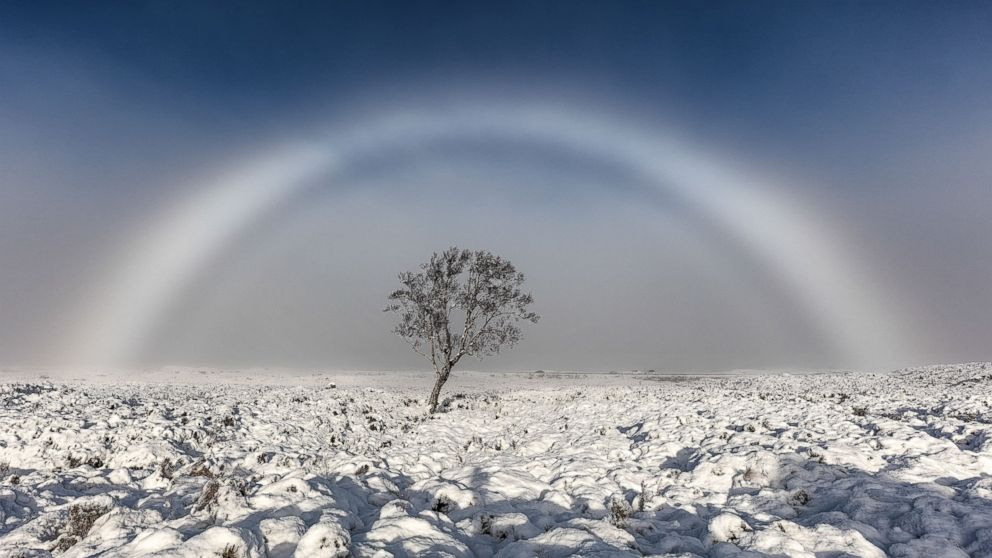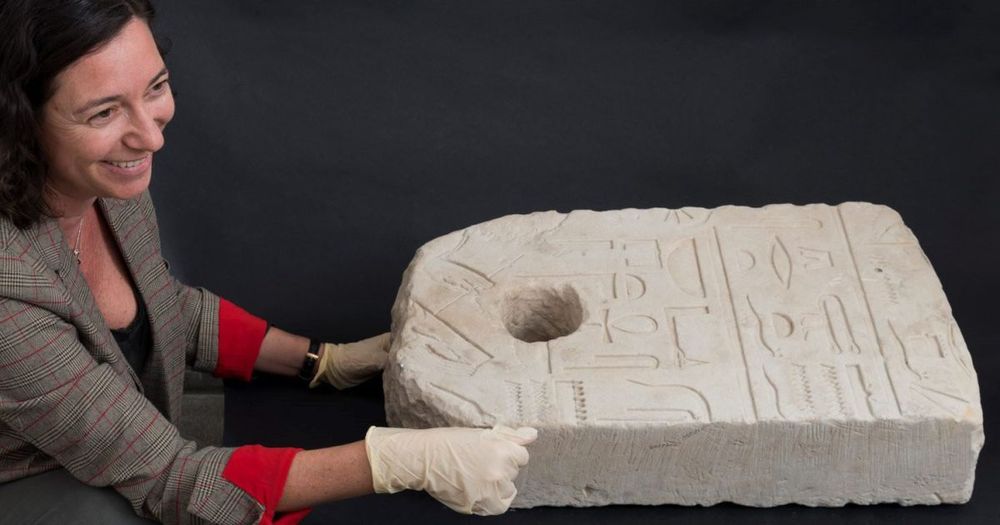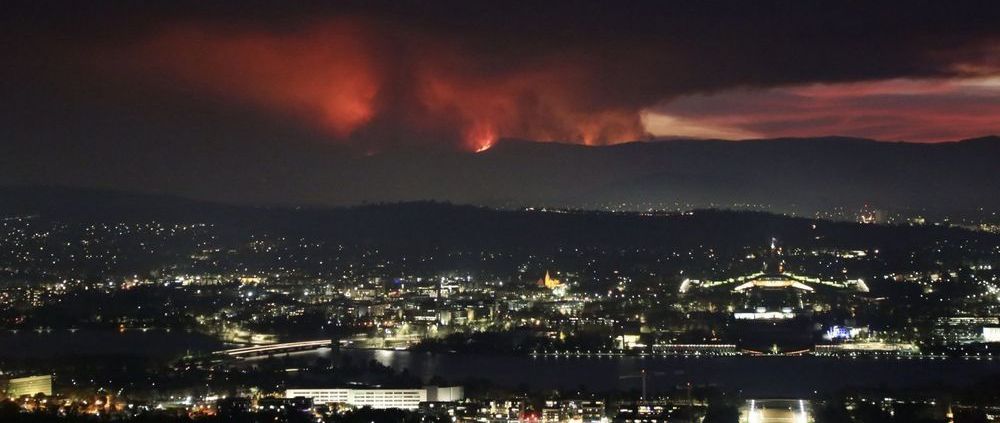Its design shines a light on technical skills that researchers didn’t think Neolithic people possessed.
Archaeologists have discovered a 7,000-year-old Neolithic well in eastern Europe, which they believe is the oldest wooden structure in the world.
The square well was built with oak by farmers around 5256 B.C., according to researchers who pinpointed its origin after analyzing the tree rings in the wood, which is the scientific method known as dendrochronology. The well’s age makes it the oldest dendrochronologically dated archaeological wooden construction worldwide, according to the researchers in the Czech Republic.
“The well was only preserved because it had been underwater for centuries. Now we cannot let it dry out, or the well would be destroyed,” Karol Bayer of the University of Pardubice’s Department of Restoration said in a press release.








